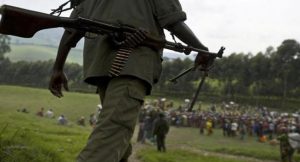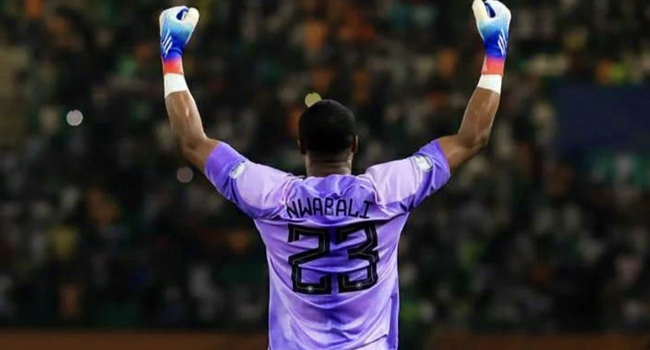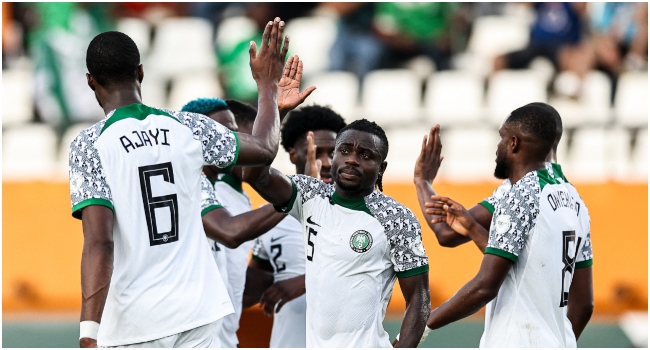
Part of the sanctions imposed on the individuals are travel bans and asset freeze.
The decision was reached at a meeting of foreign affairs ministers of member states where developments in the country were discussed.
At the meeting, the European Union and its Member States expressed deep concern about the political situation in the DRC.
The constitutional mandate of President Kabila will come to an end on December 19, but the EU said the near end of the period was fraught with risk and uncertainty after the recent crackdowns and violations of fundamental rights.
A statement released after the meeting read: “Any new government in place after that date must ground its legitimacy in a clearly and inclusively defined political framework, otherwise the country’s relations with the European Union will suffer”.
The ministers observed that efforts had been made to reconcile positions and to reach an inclusive agreement on a transition which would allow the country to hold peaceful, credible elections as soon as possible, in accordance with the Constitution of the DRC and UN Security Council Resolution 2277 (2016).
The European Union also said it had supported the initiatives, in particular the ongoing mediation efforts of the DRC Catholic Bishops’ Conference and invited all political stakeholders, from both the government and the opposition, to heed its call to assume responsibility, show good will, and make full use of their good offices.
It commended the constructive role that regional organisations and other countries in the region, in particular Angola and the Republic of the Congo, have played in attempting to find a peaceful solution.
With the December 19 deadline fast approaching, the European Union called on the Congolese people to show restraint and to promote dialogue by rejecting violence.
“The acts of violence which caused the death of at least 50 people on 19 and 20 September in Kinshasa constitute serious violations of human rights and fundamental freedoms, attested to by several observers, including the UN Joint Human Rights Office.
“In the Council Conclusions of 23 May and again on 17 October, the European Union pledged to adopt restrictive measures against those responsible for that violence and those who are allegedly trying to obstruct a peaceful and consensual solution to the crisis in the DRC,” the statement further read.
The EU Foreign Affairs Council then imposed restrictive measures against the seven individuals who hold positions of authority in the chain of command over the Congolese security forces which have exercised a disproportionate use of force.
The European Union also asked the Government of the DRC to cooperate with a transparent and independent investigation with the goal of bringing to justice those responsible for the acts of violence.
It also called for full compliance with fundamental rights, including freedom of expression, freedom of assembly and freedom of the press.
It said it would be monitoring the crucial political developments taking place in the DRC during the coming weeks with increased attention, waring that additional restrictive measures may be considered in the event of further violence or the political process being impeded.




